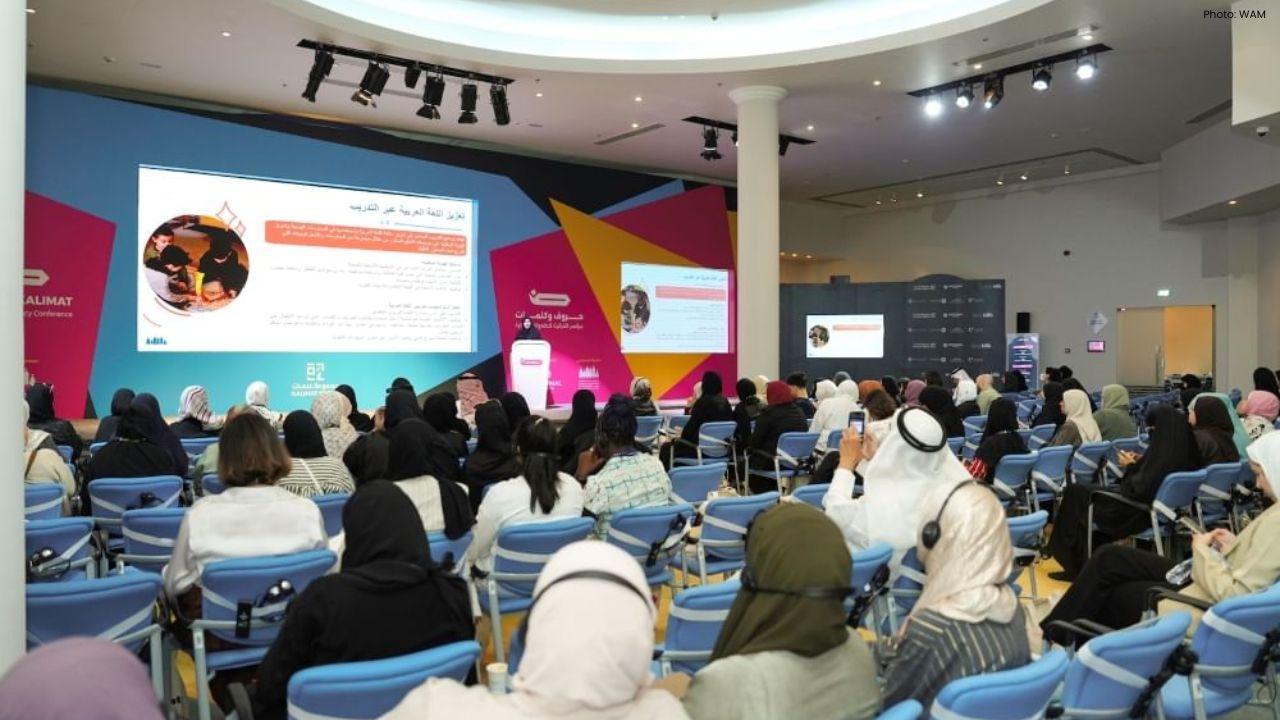
Post by : Mumtaaz Qadiri
The second Early Childhood Literacy Conference successfully concluded, bringing together over 650 educators and 48 expert speakers. The three-day event was designed to advance Arabic literacy among young children, providing a platform for sharing research-based strategies and modern teaching methods.
As the first conference of its kind in the Arab world, sessions emphasised practical approaches to strengthen Arabic language skills. Topics ranged from bilingual balance to cognitive development, incorporating innovative techniques like storytelling, visual learning, and technology integration.
The event featured 26 hands-on workshops and 16 panel discussions. Educators explored nine key themes, including phonics, writing, immersive storytelling, sensory play, and art-based methods, offering actionable tools to enhance classroom instruction.
A major focus was on inclusive education. Sessions addressed teaching children with disabilities, applying AI in Arabic learning, and using the theory of multiple intelligences to support diverse learners. Participants gained strategies for making literacy engaging and relevant to daily life.
The conference highlighted the value of Arabic folktales and children’s literature while incorporating modern frameworks and AI-based approaches. This combination of tradition and innovation aimed to create effective, culturally grounded literacy programs for early childhood.
Complementing the conference was the “Border Crossings” art exhibition, inspired by the Reggio Emilia philosophy. It demonstrated how children engage with natural and digital environments to enhance learning, providing educators with insights into creative and experiential education.
Organised by Kalimat Group in partnership with the National Academy for Childhood Development and sponsored by National Paints LLC, the event attracted 1,200 registrants from across the UAE. Strategic partners included the Sharjah Private Education Authority, Sharjah Education Academy, Higher Education and Scientific Research Council, and Reggio Children.
Ahmed Al Ali, General Manager of Kalimat Group, emphasised that teaching Arabic at the early stage is crucial not only for language development but also for shaping cultural identity and a sense of belonging among children.
The conference offered a comprehensive overview of policy-level initiatives, classroom applications, and innovative teaching techniques. By equipping educators with practical solutions and global best practices, the event marked a significant step forward in modernising early childhood Arabic literacy across the region.
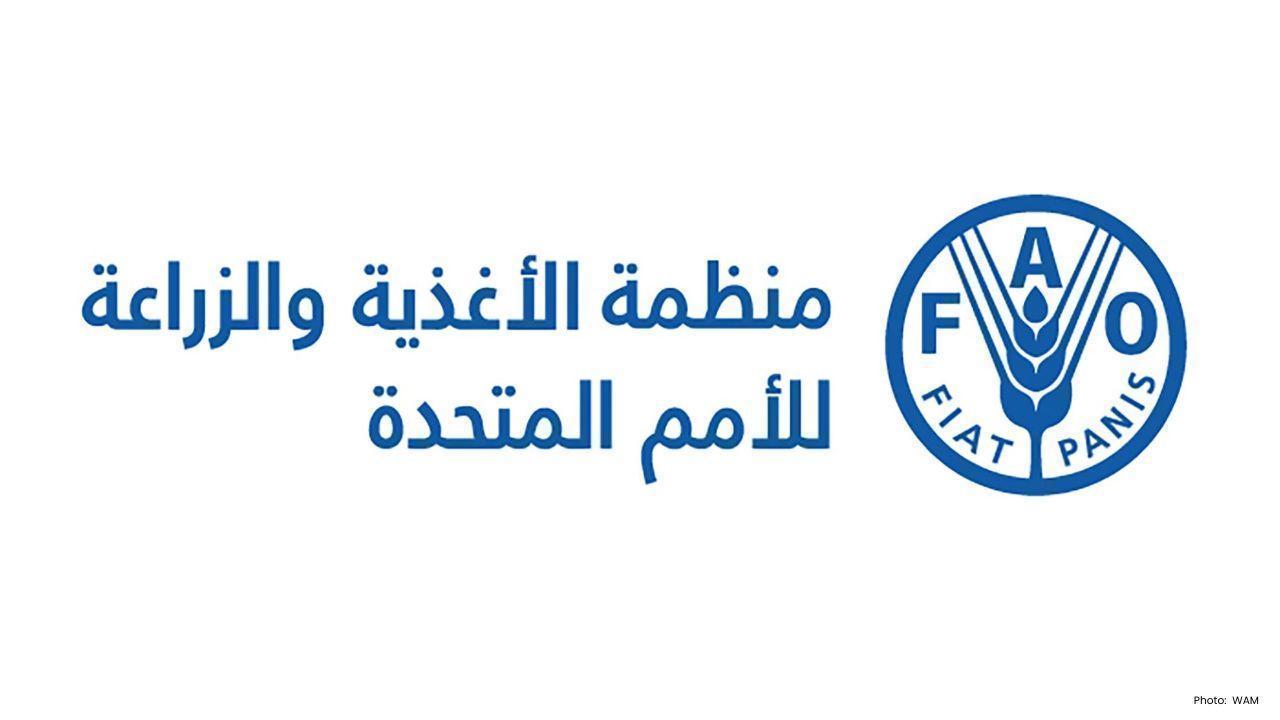




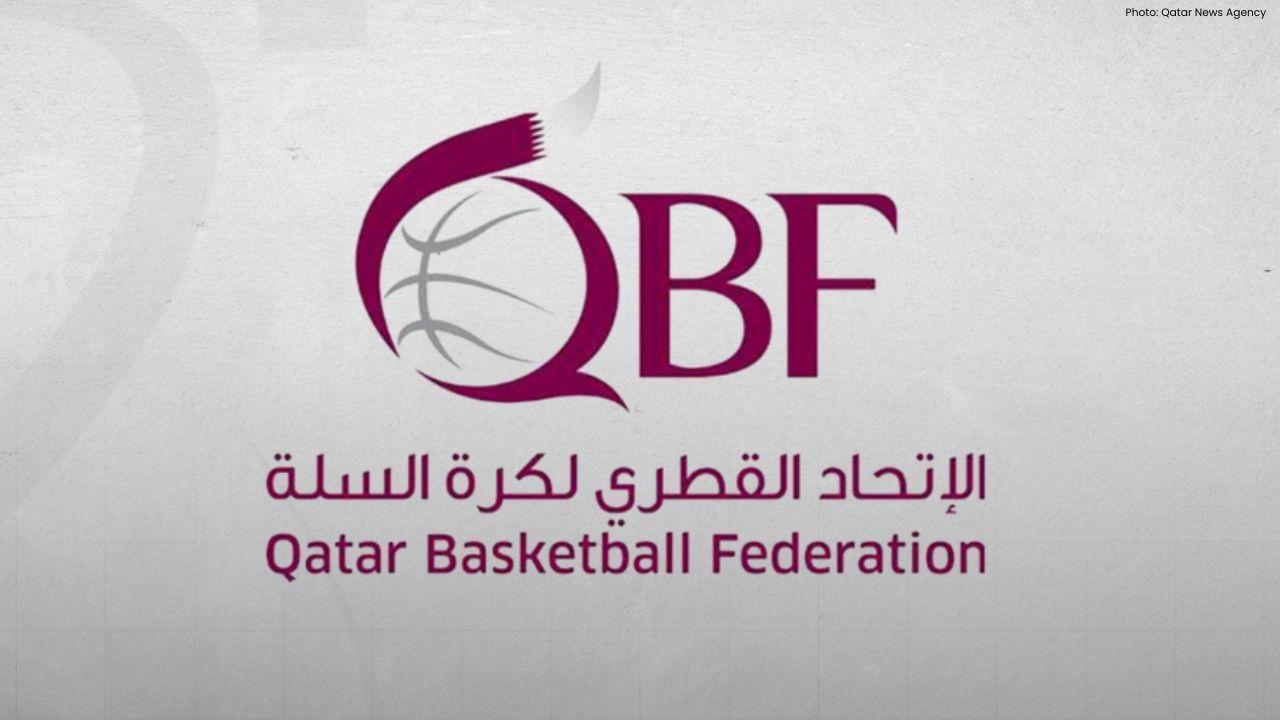


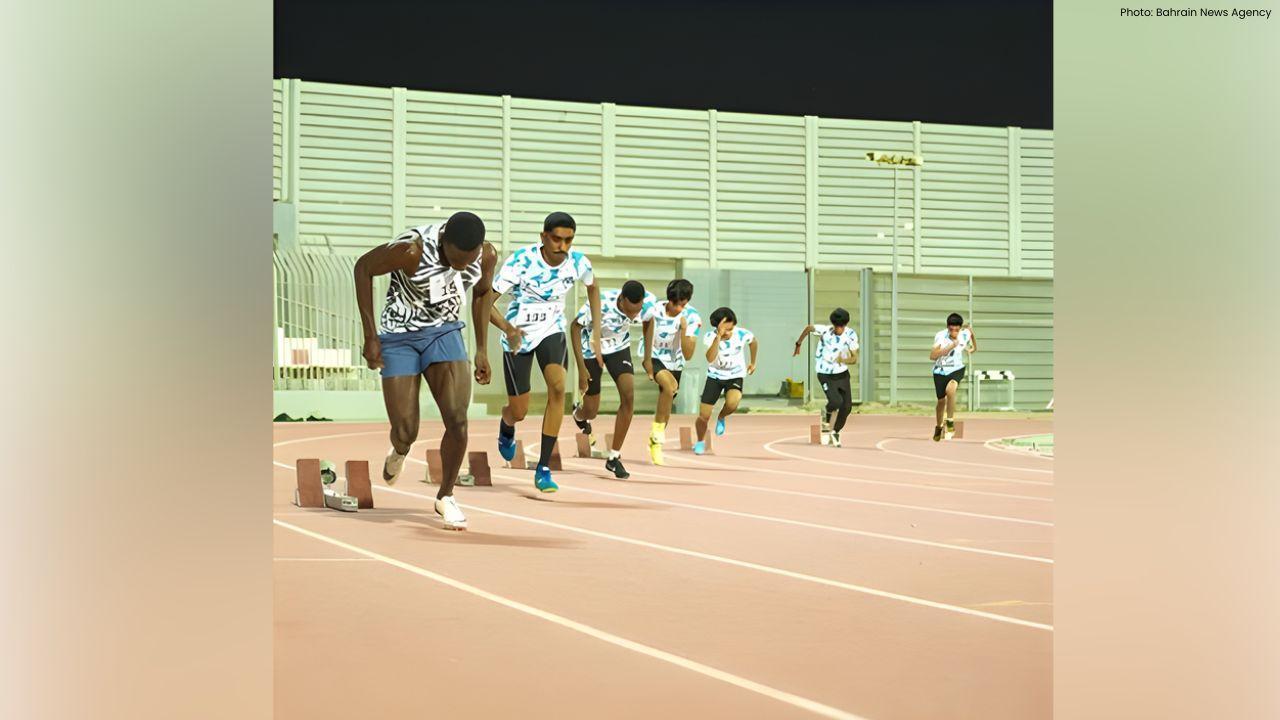

PSG Held to 3-3 Draw by Strasbourg in Thrilling Ligue 1 Clash
PSG and Strasbourg played a thrilling 3-3 draw in Ligue 1. Senny Mayulu’s late goal helped PSG stay

South Africa Crush Sri Lanka to Record Sixth 10-Wicket Win
Laura Wolvaardt and Tazmin Brits scored half-centuries as South Africa easily chased 121 to beat Sri

Kohli and Rohit Return for India vs Australia ODI Series
Virat Kohli and Rohit Sharma return for India’s ODI series against Australia. Aaron Finch supports t
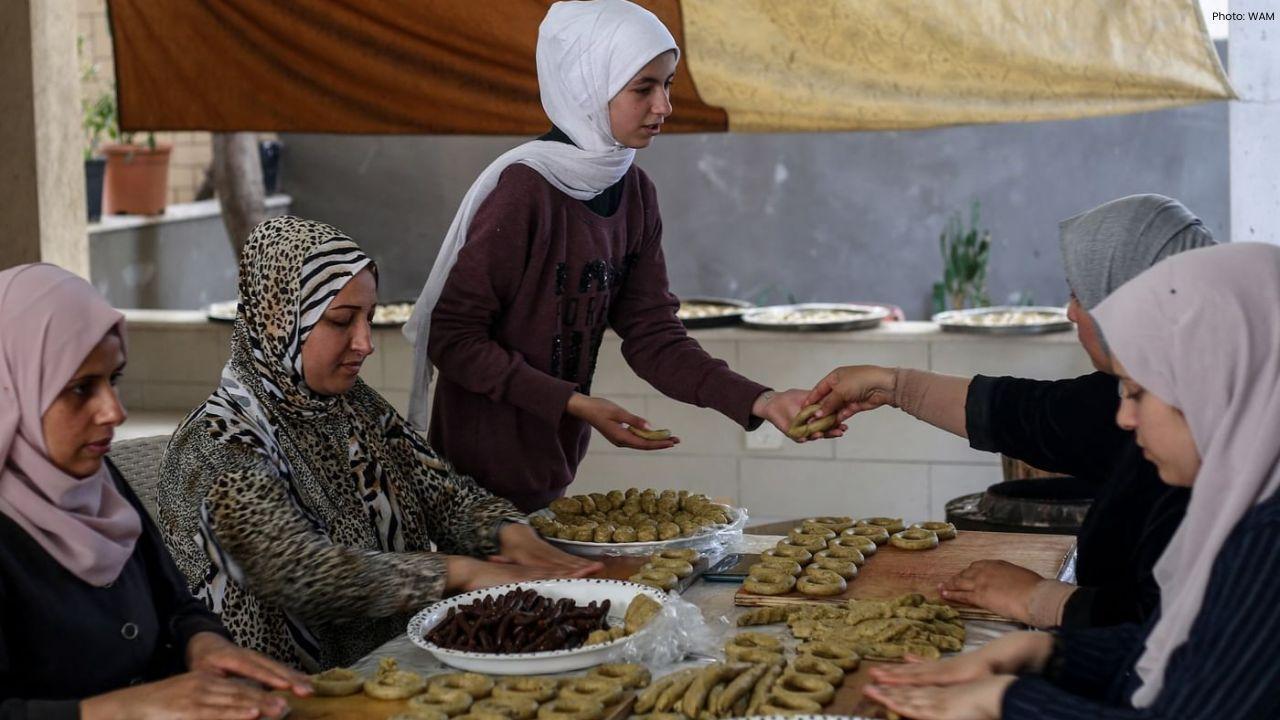
UN Women Calls for Safe Aid and Recovery for Gaza Women
UN Women urges placing women and girls at the center of Gaza aid, recovery, and reconstruction durin

Chelsea’s Cole Palmer to Miss Six Weeks Due to Injury
Chelsea forward Cole Palmer will miss six weeks due to a groin injury, manager Maresca confirms, as
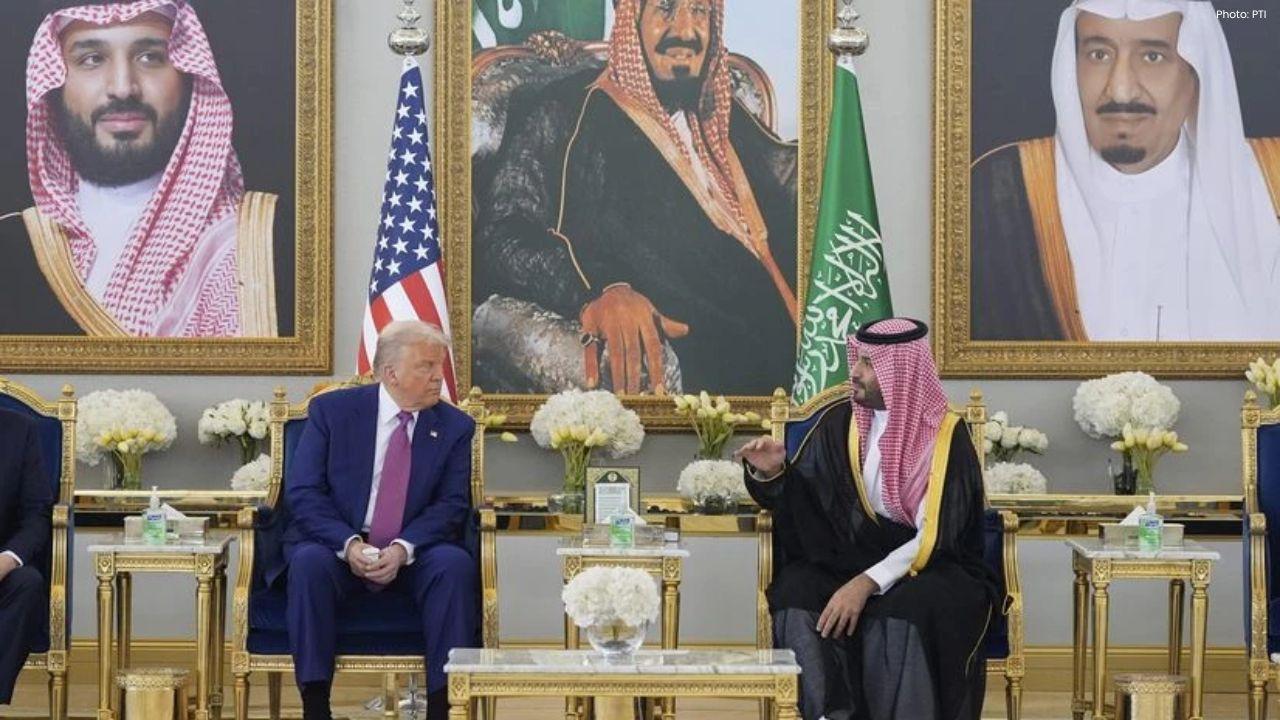
Saudi Arabia Seeks Defence Pact with US Amid Security Talks
Saudi Arabia aims for a defence and security pact with the US, following Qatar’s deal, as Crown Prin